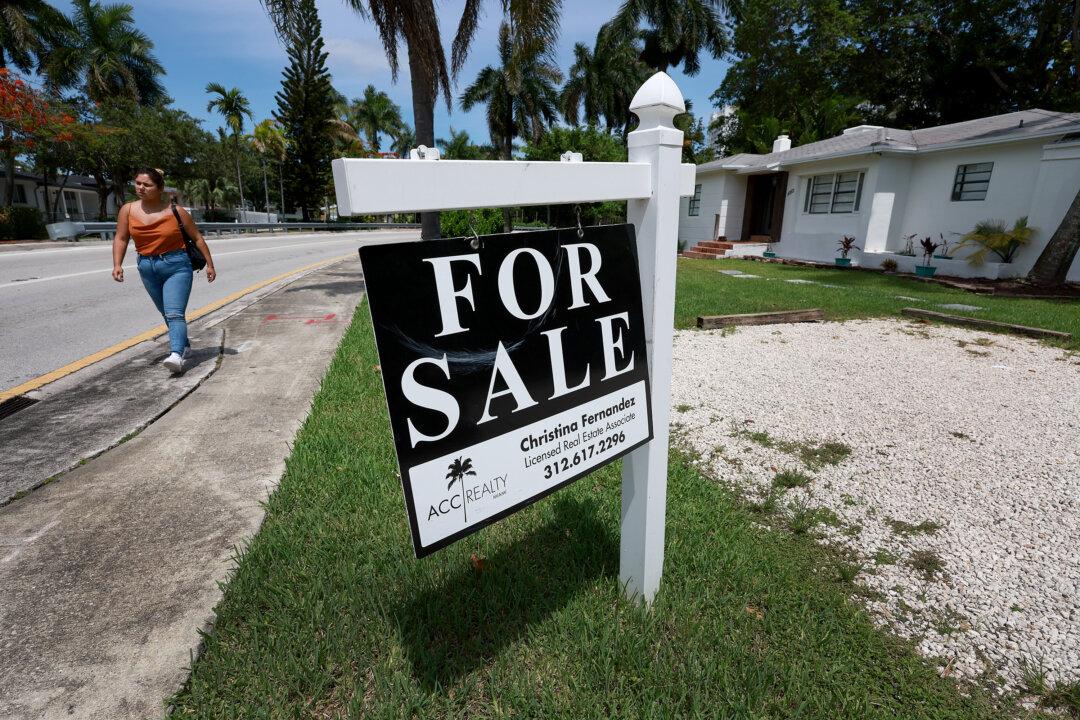Mortgage demand has fallen in the past two weeks to its lowest level since the 1990s as elevated mortgage rates and fears of a recession take a toll on the market, according to latest data from the Mortgage Bankers Association (MBA).
The Market Composite Index, which measures the volume of mortgage loan applications, fell 13.2 percent for the week ended Dec. 30 on a seasonally adjusted basis when compared to two weeks earlier, according to an MBA press release on Jan. 4. On an unadjusted basis, the decline was 39.4 percent.





